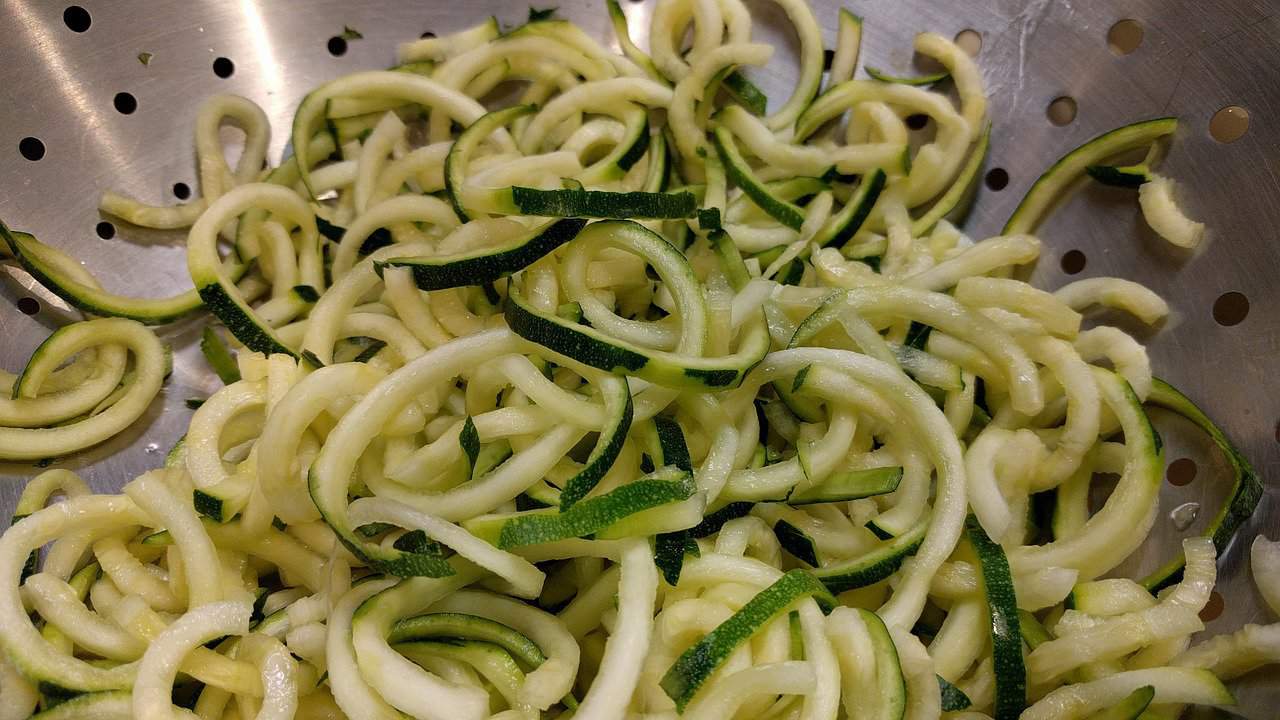Keto Fiber: Essential for Weight Loss in a Ketogenic Diet
Estimated reading time: 6 minutes
- Incorporate fiber-rich foods into your meals for better digestion and satiety.
- Monitor fiber intake by tracking both total and net carbs.
- Stay hydrated to support increased fiber consumption.
- Consider supplements if necessary to meet your fiber needs.
Table of Contents
- Understanding the Role of Fiber in Keto
- Key Fiber-Rich Keto Foods
- Mechanisms Linking Fiber to Keto Weight Loss
- Strategic Considerations for Fiber on Keto
- Common Pitfalls in Fiber Management on Keto
- Practical Takeaways for Your Keto Journey
- Conclusion
- FAQ
Understanding the Role of Fiber in Keto
While the ketogenic diet is often criticized for potential fiber deficiencies due to its strict carbohydrate limitations, the reality is that with the right food choices and supplements, you can effectively balance fiber intake while pursuing your weight loss goals. Fiber plays a critical role in digestive health, appetite regulation, and maintaining steady blood sugar levels, all of which are vital when you’re on a ketogenic journey (Everyday Health, Northwestern Medicine).
Key Fiber-Rich Keto Foods
Here’s a list of some of the best fiber-rich foods you can incorporate into your keto plan:
- Avocados
Fiber Content: ½ large avocado provides about 7g of fiber with only 2g of net carbs.
Avocados are not only high in healthy fats but also aid in satiety through their fiber content. They are versatile and can be added to salads, smoothies, or eaten on their own (Healthline). - Broccoli
Fiber Content: 1 cup raw broccoli contains approximately 2.4g of fiber.
This low-energy-density vegetable supports calorie control, making it an excellent option for those looking to manage their intake effectively (Everyday Health). - Artichokes
Fiber Content: 1 canned heart provides around 1.7g of fiber.
Artichokes are rich in prebiotics, which support gut microbiome health—an essential factor for overall well-being while on a ketogenic diet (Everyday Health). - Chia Seeds
Fiber Content: 1 ounce yields about 10g of fiber.
Chia seeds can absorb liquid and expand in your stomach, forming a gel-like substance that slows digestion, helping you feel full longer (Healthline). - Flaxseeds
Fiber Content: 2 tablespoons of ground flaxseeds contain 4g of fiber.
Flaxseeds are also a good source of alpha-linolenic acid, an anti-inflammatory omega-3 fatty acid that contributes to overall health (Everyday Health).
Mechanisms Linking Fiber to Keto Weight Loss
Fiber’s impact on weight loss extends far beyond just helping you feel full. Here are key mechanisms where fiber plays an instrumental role in weight loss on a ketogenic diet:
- Appetite Regulation: Fiber promotes the secretion of hormones like cholecystokinin and peptide YY, which enhances satiety and reduces overall calorie intake (Everyday Health, Ketokatz).
- Gut Microbiome Support: Fermentable fibers can lead to the production of short-chain fatty acids, which enhance metabolic flexibility and may assist in weight management (Everyday Health).
- Blood Sugar Stabilization: Non-digestible fibers help mitigate insulin spikes that can disrupt ketosis, keeping your body in a fat-burning state (Healthline).
Strategic Considerations for Fiber on Keto
Incorporating fiber into your ketogenic diet requires careful planning. Here are some strategic considerations to keep in mind:
- Net Carb Math: Remember to subtract fiber from your total carbohydrate intake. You can enjoy more low-carb vegetables without exceeding your carb limits (Healthline).
- Supplement Options: If dietary sources fall short, consider fiber supplements, like psyllium husk, which can provide about 3-5g of fiber per serving without contributing significant carbs (Metamucil).
- Electrolyte Synergy: Adequate fiber intake supports your sodium and potassium needs, which are essential for sustaining ketosis (Everyday Health).
Common Pitfalls in Fiber Management on Keto
While embarking on a ketogenic diet, many find themselves in common pitfalls regarding fiber:
- Overreliance on Meat: It’s easy to gravitate towards zero-fiber animal products; however, this can lead to digestive issues and other health complications (Everyday Health, Northwestern Medicine).
- Low Vegetable Intake: Aim to consume 7-10 cups of low-carb vegetables daily to meet fiber needs (Everyday Health, Ketokatz).
- Hydration Neglect: Increased fiber requires a proportional increase in water intake to prevent constipation (Everyday Health, Metamucil).
Practical Takeaways for Your Keto Journey
- Incorporate Fiber-Rich Foods: Make it a priority to integrate avocados, broccoli, artichokes, chia seeds, and flaxseeds into your meals.
- Monitor Fiber Intake: Keep track of both total and net carbs. This is crucial for maintaining ketosis while also ensuring adequate fiber consumption.
- Stay Hydrated: Increase your water intake to complement your fiber intake, assisting in digestion and overall health.
- Consider Supplements: If you find it challenging to meet fiber needs through food alone, explore fiber supplements as an option.
Conclusion
The ketogenic diet can successfully accommodate fiber needs when approached mindfully. Incorporating fiber-rich foods not only assists in achieving your weight loss goals but also fortifies your overall health. Remember, it’s always best to seek guidance from a healthcare professional before making significant changes to your diet, especially if you have underlying health conditions or specific dietary needs.
For those embarking on the keto journey, maintaining an adequate fiber intake is crucial for long-term success and sustainability.
FAQ
Q: How can I increase my fiber intake on a ketogenic diet?
A: You can increase your fiber intake by incorporating fiber-rich foods like avocados, broccoli, chia seeds, and flaxseeds into your meals. Consider tracking your fiber intake and including fiber supplements if needed.
Q: Can I still maintain ketosis while eating high-fiber foods?
A: Yes, you can maintain ketosis by consuming high-fiber foods that are low in net carbs. Remember to subtract fiber from your total carbohydrate count.
Q: What are the risks of low fiber intake on a keto diet?
A: Low fiber intake can lead to digestive issues, such as constipation, and may impact overall health. It’s vital to consume adequate fiber to support digestion and metabolic health.
